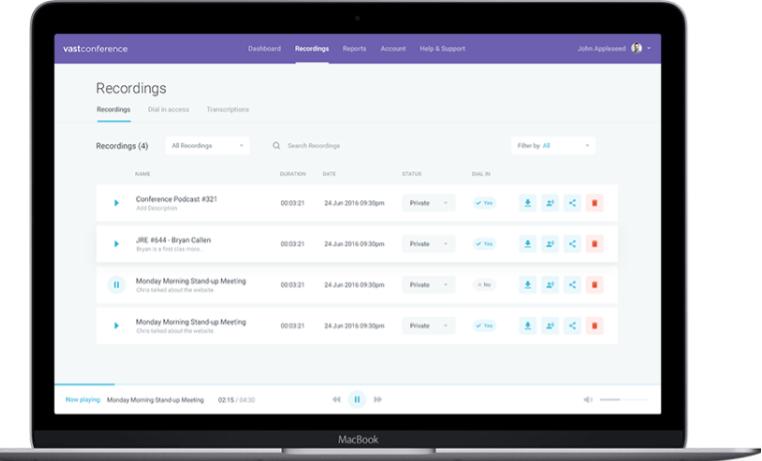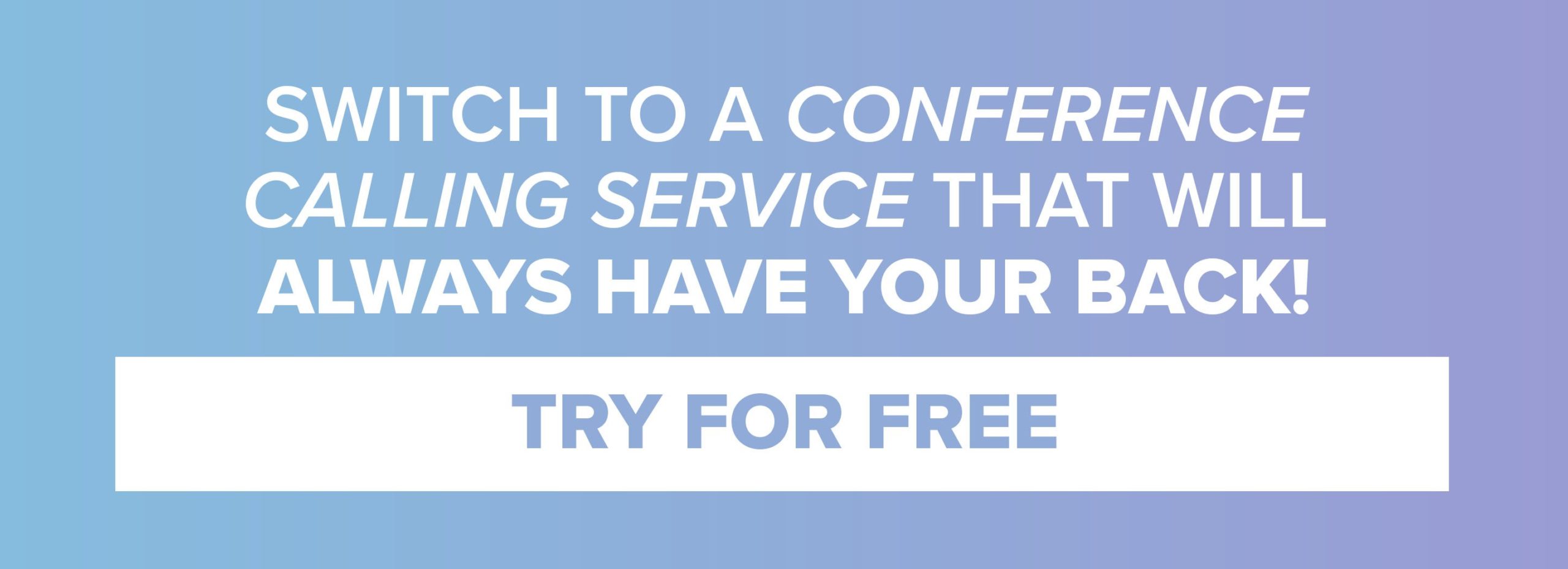If you’re working in a new capacity with a colleague with a disability, you may have questions about how to address their needs. You and your organization can easily make appropriate accommodations whether you’re working with them remotely or in person. Here’s how to respectfully hold meetings with or onboard a disabled colleague.
Set Up Remote Communications
If your colleague can work remotely, they will be able to use the services (like care from family) and equipment (like rails or wheelchair-accessible countertops) they have set up at home. That can remove hassle and discomfort from their workday. If you’re onboarding an employee or client with a disability, schedule regular conference calls or video calls to keep in touch.
Remember that remote communications can create challenges for deaf or blind professionals. Always make sure that you clear the communications medium with the disabled person before you have to use it. Deaf colleagues will likely need accommodations to participate in audio calls. Many deaf and hard of hearing people use closed captioning phone services through providers like CapTel.
You should check in with your deaf colleague before the call. Ask if the device they use works with the conference calling service that you’re using — if they’re not sure, you should check in with the provider.
At Vast Conference, we’ve worked with many deaf and hard of hearing clients. We offer several services to accommodate deaf clients. And, our HD audio quality is very high, which makes closed captioning phones much more effective.

“One feature that we provide that makes calls a lot easier for deaf users is our Recordings and Transcription dashboard,” says Dave Tevendale, Vast’s Director of Business Development. “Any conference call can be recorded, and a user can request a transcription. The recording is free. The transcription is $4 per minute, which is very affordable in the world of professional transcriptions. With a transcription, you can read the call as soon as 24 hours after it ends.”
Make the Accommodations Your Colleague Needs
Let the expert — the person with a disability — tell you what they need. Better yet, ask them what they need from you.
“It’s the best way to avoid awkwardness,” says Dana Marlowe, the principal of Accessibility Partners. Accessibility Partners is a consultancy that helps organizations meet the needs of professionals with disabilities.
“No one should ever be expected to mind-read what any person needs,” says Malika Bourne. Bourne a registered nurse who has a disability and cares for her son, who has multiple sclerosis. She works with The Independence Center, a Colorado disability services center.
“Those of us folks who have some kind of disability have a responsibility to communicate our needs. As professionals, we want to show our own good manners by helping others feel comfortable around us.”
When you check in with your colleague, make sure that you find out the following:
- How can you help your disabled colleague get to an event?
- Will they be able to access the event space?
- Do they require any equipment to participate?
- Does your colleague work with a service animal?
- What does your colleague need to be comfortable and engaged during the event?
- Do you need to provide seating, equipment, or accommodations for an interpreter or health care worker?
Work With Facilities That Are ADA Compliant
If you’re booking an off-site conference or meeting, make sure that the facility is compliant with the Americans with Disabilities Act (ADA.) ADA-compliant conference and meeting facilities are available everywhere in the United States, and they don’t cost extra. Most conference facilities will say on their website or in promotional literature if they are ADA compliant. If you’re not sure, you can email or call the facility’s events manager and find out.
Also, make sure that your colleague with a disability has a way to reach the offsite meeting. Make sure the facility you book has easy access to public transportation. If transit is out of the question, work with your disabled colleague to find an alternative.
By working with ADA-compliant contractors, you’ll make sure that your colleague doesn’t have to deal with embarrassing headaches when they’re doing basic things like going between floors or using the toilet.
Follow the Right Etiquette
Remember that your well-intentioned efforts to communicate with a professional with a disability can actually be offensive. The impact of your actions can be completely different from what you intend.
“Some common issues I’ve seen are with people who just don’t know a lot about disability,” says Marlowe. “They might speak louder to someone who is blind or speak slower to someone in a wheelchair.”
Don’t behave differently than you would with other colleagues — the only extra steps you need to take are making the above accommodations.
Empathy and mindfulness are the keys to working with a colleague with a disability — or any other colleague. If you’re respectful, gracious, and empathetic, your relationship will be productive for you and your colleague with a disability.
Additional Resources
ADA National Network
“A Planning Guide for Making Temporary Events Accessible to People with Disabilities,” ADA National Network
Special thanks to Jennifer Perry of Cornell University’s Northeast ADA Center, who provided background information and additional resources for this article.




